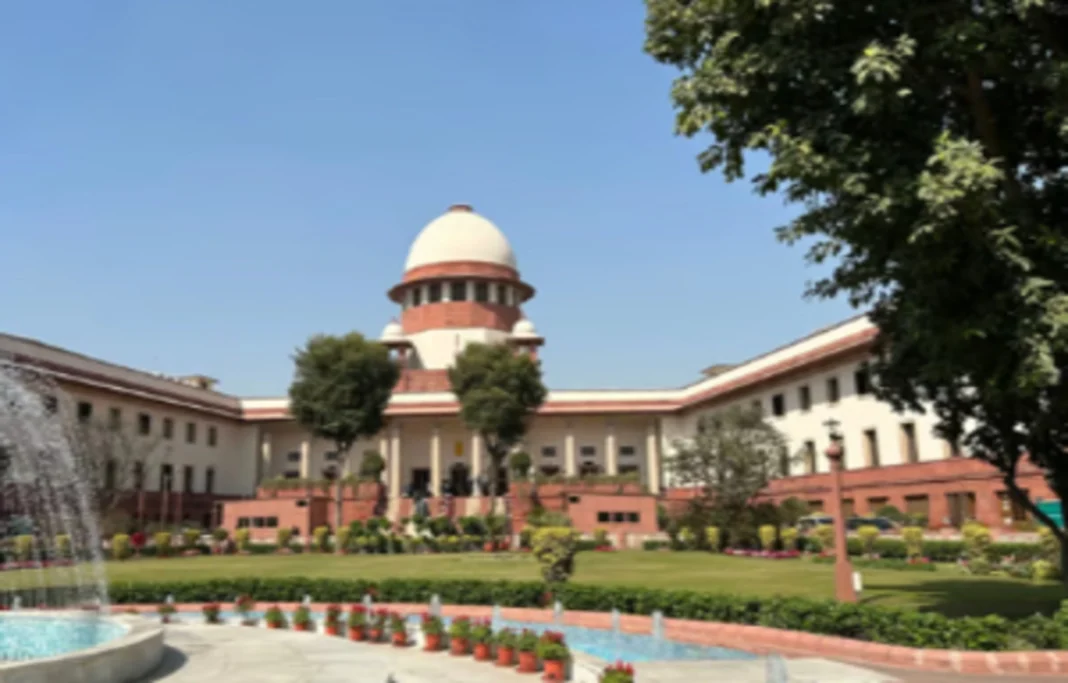Rajasthan HC Dismisses SC/ST Act Charges in Verbal Abuse Case
Why in the news?
The Rajasthan High Court dismissed SC/ST Act charges, ruling that derogatory terms used during an encroachment protest lacked caste references or intent to humiliate based on caste.
Court’s Observation:
- The Rajasthan High Court ruled that terms like “Bhangi,” “Neech,” and “Bhikhari” are not caste names.
- Justice Birendra Kumar observed that the words did not refer to caste or indicate an intent to humiliate public servants based on caste.
- The court noted that the appellants were protesting perceived inaccuracies in an encroachment measurement, not engaging in caste-based discrimination.
Incident and Legal Proceedings
- The case stemmed from a January 2011 incident where officials inspected a site in Jaisalmer for possible encroachment.
- During the inspection, the accused, led by Achal Singh, allegedly obstructed the officials and verbally abused them.
- Criminal charges under IPC Sections 353 (deterring public servants with force) and 332 (causing hurt to deter duty), and Section 3(1)(x) of the SC/ST Act, 1989, were filed.
- A police investigation found insufficient evidence for SC/ST Act charges, but a protest petition reinstated them, prompting the appellants to challenge the case.
Arguments and Judgment:
- Defence counsel Leela Dhar Khatri argued the altercation arose from objections to measurement accuracy, unrelated to caste.
- The court agreed, emphasising no evidence linked the appellants’ statements to caste or their knowledge of the officials’ caste backgrounds.
- The court dismissed the SC/ST Act charges, stating the appellants’ actions reflected dissatisfaction with official procedures, not caste-based intent.
About Scheduled Castes and Scheduled Tribes (Prevention of Atrocities) Act, 1989:
- Purpose: Prevents atrocities against SCs and STs by non-SC/ST persons, with punishment for such offences.
- Implementation: State Governments/UTs implement it with central assistance under a Centrally Sponsored Scheme.
- Offences: Covers 37 offences, including denial of rights, systemic exploitation, and abuse of the legal system.
- Investigation: Only DSP-level or higher officers investigate; cases must conclude within 30 days.
- Special Courts: Established for speedy, exclusive trials with designated Special Public Prosecutors.
- Punishment: Ranges from six months to life imprisonment or death, depending on severity.
- Relief: Victims receive immediate aid, including cash, essentials, and medical care, under the 1995 Rules.
Sources Referred:
PIB, The Hindu, Indian Express, Hindustan Times




